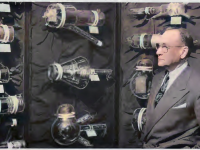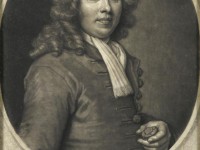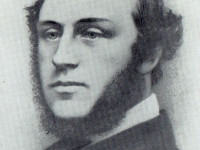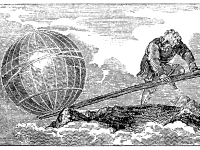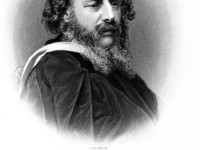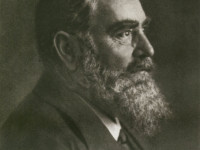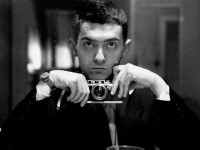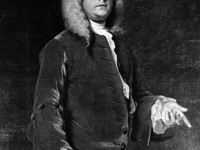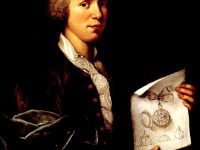Vladimir Zworykin and the Invention of Television
On July 30, 1888, Russian inventor, engineer, and pioneer of television technology Vladimir Zworykin was born. Zworykin invented a television transmitting and receiving system employing cathode ray tubes. He played a role in the practical development of television from the early thirties, including charge storage-type tubes, infrared image tubes and the electron microscope. Vladimir Zworykin – Youth in Russia Vladimir Kosmich Zworykin was born in Murom, Russia, the son of Kosma A. Zworykin, a wealthy businessman,…
Read more

